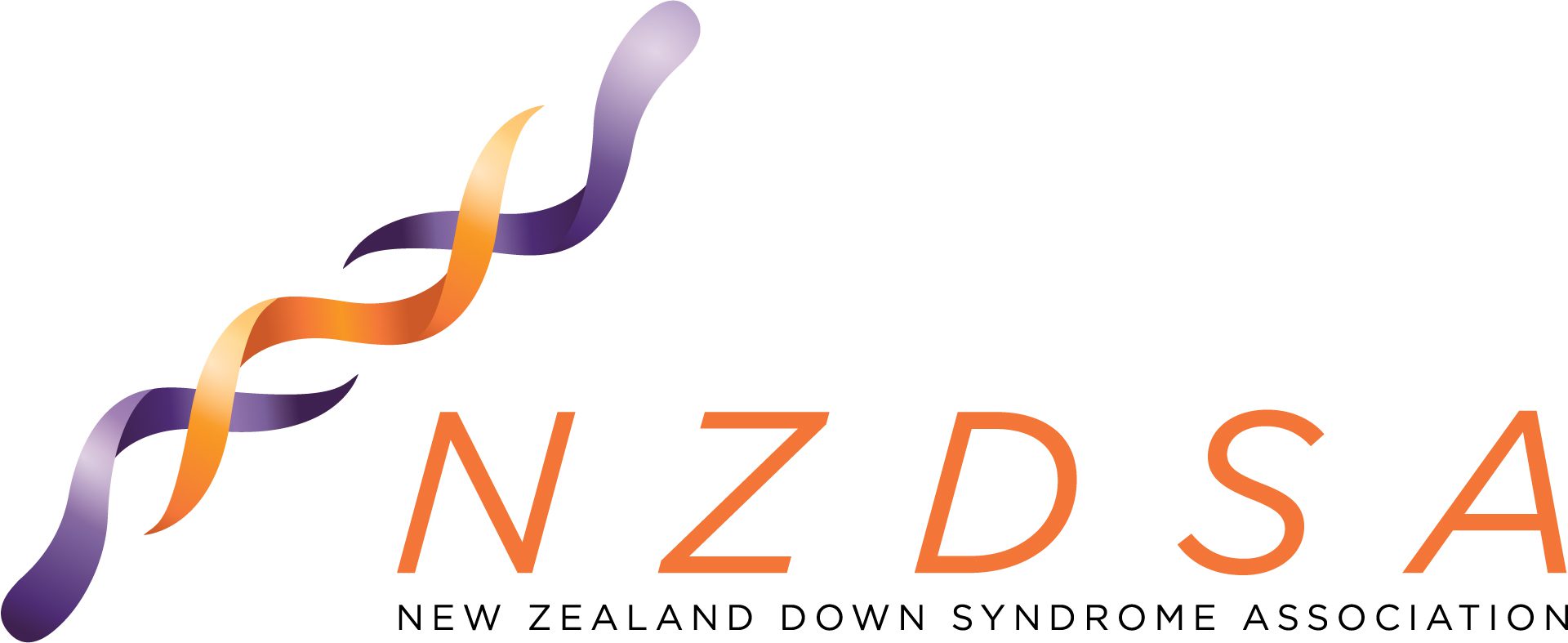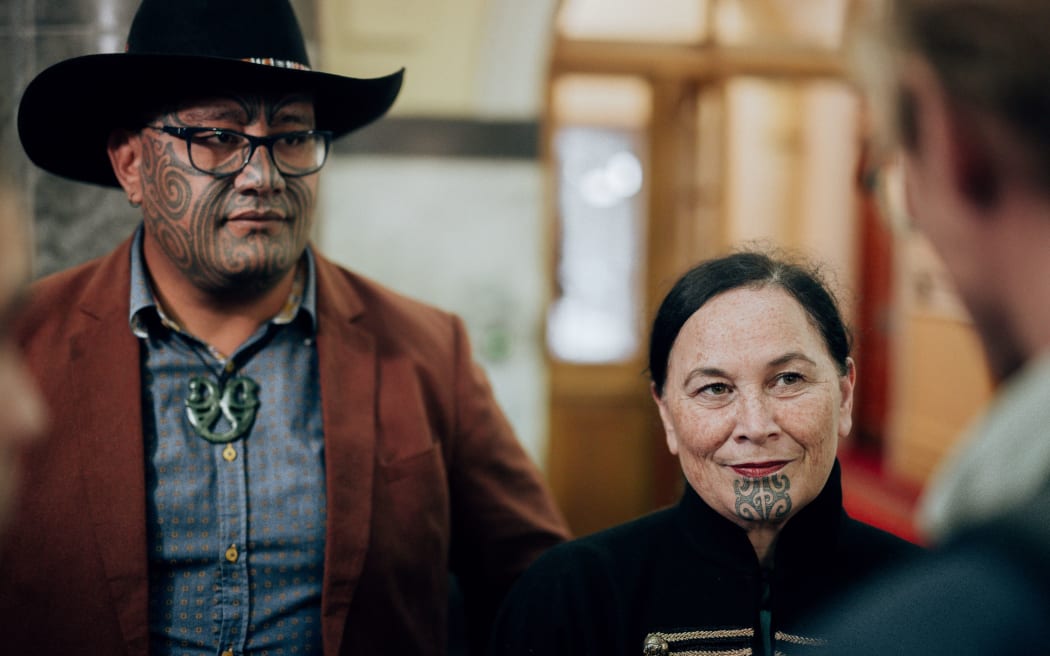We had hoped to bring you an interview with the disabilities portfolio holder from all five of the current parliamentary political parties. Unfortunately, Te Pāti Māori did not respond to our invitations, and as they are the smallest parliamentary party with only two MPs, they do not have allocated portfolios in the same way as the larger parties.
In lieu of an interview, we have pulled together some of Te Pāti Māori’s policies currently available for Election 2023 that relate to disability and located quotations from their two MPs and co-leaders.
Income and welfare policies
- Double baseline benefit levels,
- individualise benefits,
- remove financial penalties, sanctions, and work-test obligations, including repeated proof of disability or sickness.
“The evidence is overwhelming that incomes are inadequate for many people, both those receiving a benefit and those in low-paid work. Current levels of support fail to cover even basic costs for many people, let alone allowing them to meaningfully participate in their communities.”
Education policies
- Fund free digital devices and free internet for all children from Yr4 – Yr13
- Remove the power of schools to expel any student younger than the school leaving age of 16
- Establish a Māori-led taskforce with the mandate to transform how Māori students with disabilities and learning differences are taught and supported.
“Excluding children from school does irreparable harm – 51 per cent of all prisoners were kicked out of their schools as children. The education system must be responsive to the needs of all students, not throw up its hands and leave young people to fend for themselves.”
“The education system has completely failed to support tamariki who learn differently and have extra accessibility. Four in ten disabled Māori adults had no formal educational qualifications – almost double the proportion of non-disabled Māori.
We know that there needs to be greater resource for funding support teachers and appropriate facilities and ensuring professional development for educators.”
Co-leader quotes
Rawiri Waititi, Parliamentary debate, June 2022: “Around 26 percent of Māori identify as disabled, 40 percent of the Māori adults with disabilities have no formal education qualification, almost double the proportion of non-disabled Māori. We need to massively overhaul funding for support teachers, appropriate facilities, and professional development for all teachers.”
Debbie Ngarewa-Packer on steps of parliament to disability rights advocates, March 2021: “We saw the pain that the whānau went through to just give her [Ngarewa-Packer’s niece) the beauty of freedom and dignity…To all of those of you here today that teach us in every way, what discrimination takes away, and the opportunities they don’t afford for the absolute magic you have within you.”

